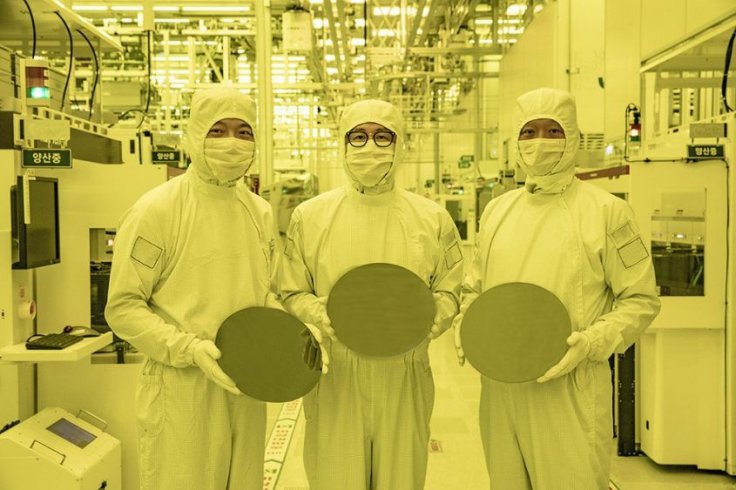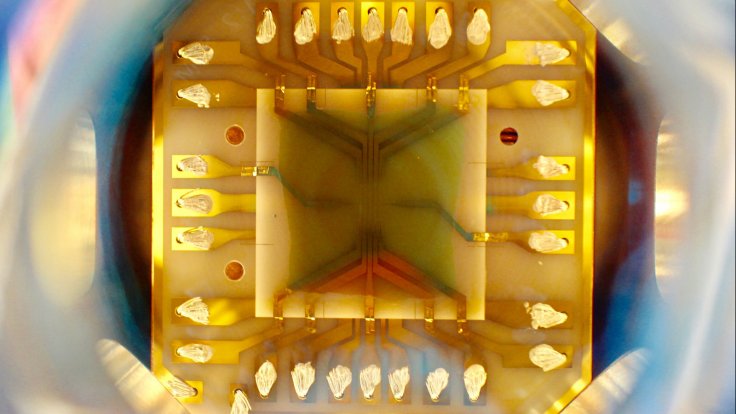Two of China's most ambitious aspirations -- to become the world's largest economy by surpassing the US and to become the pre-eminent global digital power -- are likely to fail, according to experts.
The observations come amid aggressive US moves to cripple China's semiconductor industry. Washington rolled out a series of steps that limit China's ability to make advances in all too crucial chip segment.
"Virtually every hardware company in China must deal with the fallout from the sweeping restrictions announced by the US .... These sanctions will hobble China's semiconductor advances," said Dan Wang, an analyst with Gavekal Dragonomics, according to the South China Morning Post.
Washington's Chip War
In October last year, the Biden administration tightened the screws on the Chinese chipmakers by enforcing more export controls targeting them. The move sought to stop not just American companies from selling key equipment and technology to China but persuade foreign firms to do so.
The measures unveiled by President Joe Biden were aimed at closing China out of manufacturing some key semiconductor chips. The new rules further restricted toolmakers like KLA Corp, Lam Research Corp and Applied Materials Inc from shipping any equipment Chinese-owned factories that make advanced logic chips.

In September, the US Commerce Department had slapped new restrictions on chip sales to Chinese companies. As per the department's guidance, US chipmakers must immediately procure a license to supply artificial intelligence chips to Chinese companies. The US says stringent measures are needed to ensure that AI chips are not used by the Chinese for 'military end use'.
In another landmark move in July, the US Senate voted to move forward with the CHIPS Act that will provide a $54 billion boost to the country's semiconductor industry. The long-delayed Senate vote fulfilled the chip industry's demand for subsidies that will enable it to compete with China.
The SCMP reported that China's Politburo gathered for a closed-door meeting in January, after the US announced more restrictions on China chip technology. Though China has a huge advantage in various segments of the economy, its weakness lies in the semiconductor segment.

"Chips are the foundation of the modern economy ... There's a rough estimate that a yuan worth of chips can support 10 yuan worth of electrical capacity and generate 100 yuan's economic output," Jun Zhang, an associate professor of economic geography at the University of Toronto, explained, according to SCMP.








